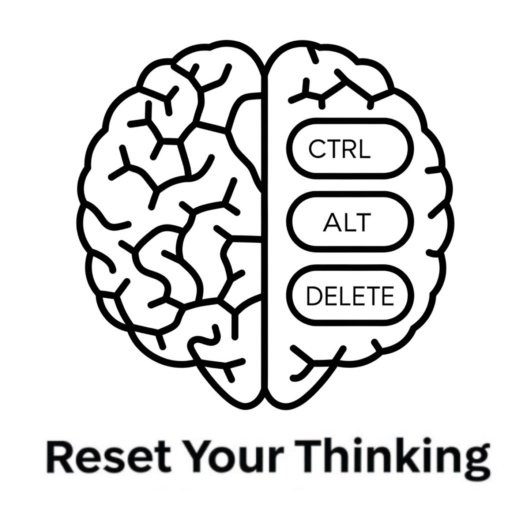Adam Grant’s “Think Again” explores the critical importance of rethinking and unlearning in a rapidly changing world. The book argues that our ability to question our assumptions, update our views, and embrace being wrong is essential for individual growth, effective communication, and societal progress. Grant introduces the concept of shifting between different mental modes – the preacher, the prosecutor, the politician, and the scientist – and advocates for adopting the mindset of a scientist, characterized by curiosity, intellectual humility, and a willingness to revise beliefs based on new evidence. The excerpts highlight various barriers to rethinking, such as overconfidence (the Dunning-Kruger effect), attachment to identity, and the desire for social approval. Grant offers practical strategies for cultivating a rethinking mindset, engaging in more productive disagreements, and fostering learning and adaptability in ourselves and others.
II. Main Themes and Important Ideas:
A. The Power and Necessity of Rethinking:
- Rethinking is presented as a fundamental skill for navigating complexity and driving progress. As George Bernard Shaw is quoted, “Progress is impossible without change; and those who cannot change their minds cannot change anything.”
- The book emphasizes that in a dynamic world, holding onto outdated knowledge and beliefs can hinder personal and collective advancement.
- Grant contrasts the rigidity of fixed mindsets with the agility that comes from a willingness to “think again.”
B. The Four Mental Modes:
- Grant introduces four distinct mental modes we often operate in when our beliefs are challenged:
- The Preacher: Focused on delivering and defending our convictions, as if they are sacred truths. Stephen Greenspan’s sister, in promoting the Madoff fund, was “preaching about the merits of the fund.”
- The Prosecutor: Aiming to prove others wrong and win arguments. Greenspan, influenced by his sister’s confidence, decided to “prosecute the friend who warned him against investing, deeming the friend guilty of ‘knee-jerk cynicism.’”
- The Politician: Seeking to win over an audience and gain approval, often adapting their views to suit the majority. Greenspan was “in politician mode when he let his desire for approval sway him toward a yes—the financial adviser was a family friend whom he liked and wanted to please.”
- The Scientist: Characterized by curiosity, humility, and a commitment to testing hypotheses and revising views based on evidence. Grant argues, “If you’re a scientist by trade, rethinking is fundamental to your profession. You’re paid to be constantly aware of the limits of your understanding.”
C. The Scientist Mindset as the Ideal:
- The book advocates for cultivating a scientist mindset, which involves “being actively open-minded. It requires searching for reasons why we might be wrong—not for reasons why we must be right— and revising our views based on what we learn.”
- In scientist mode, “changing our minds is a sign of intellectual integrity,” while in preacher mode, it’s seen as “moral weakness.” Similarly, being persuaded is a “step toward the truth” for a scientist, but “admitting defeat” for a prosecutor.
- Mike Lazaridis, the creator of BlackBerry, is presented as an example of someone “thinking like a scientist” by generating hypotheses and testing them to develop innovative solutions.
D. Barriers to Rethinking:
- Overconfidence (Dunning-Kruger Effect): People with limited competence often overestimate their abilities. Davíð Oddsson, Iceland’s central bank governor with no financial training, “seemed utterly blind to his blindness: he didn’t know what he didn’t know.”
- Lack of Intellectual Humility: Not knowing what we don’t know prevents us from questioning our assumptions. “Arrogance is ignorance plus conviction,” explains Tim Urban, acting as a “rubber shield that life experience simply bounces off of.”
- Attachment to Identity: Our beliefs can become intertwined with our sense of self, making it difficult to change our minds without feeling like we’re losing a part of who we are. Grant suggests “separating your opinions from your identity.”
- The Totalitarian Ego: An internal psychological mechanism that filters out information that threatens our self-image. “The totalitarian ego steps in like a bodyguard for our minds, protecting our self-image by feeding us comforting lies.”
- Desire for Social Approval: The politician mode highlights how our desire to be liked and accepted can prevent us from challenging popular opinions or admitting we were wrong.
E. Cultivating a Rethinking Mindset:
- Embrace Intellectual Humility: Recognize the limits of our knowledge and be open to learning more. “If knowledge is power, knowing what we don’t know is wisdom.”
- Find the Sweet Spot of Confidence (Confident Humility): Believe in our ability to learn and achieve while remaining humble about our current knowledge and methods. Sara Blakely, the founder of Spanx, “believed in her ability to make the idea a reality, but she was full of doubt about her current tools.”
- Detach Opinions from Identity: See ourselves as valuing curiosity and learning rather than being defined by our current beliefs.
- Seek Out Reasons Why We Might Be Wrong: Actively look for evidence that contradicts our views, rather than just confirming them. Jean-Pierre Beugoms makes a list of conditions under which his forecasts would be wrong to “keep him honest.”
- Embrace the Joy of Being Wrong: View mistakes as learning opportunities. As Ray Dalio told Grant, “If you don’t look back at yourself and think, ‘Wow, how stupid I was a year ago,’ then you must not have learned much in the last year.”
- Think Like a Scientist: Treat our initial ideas as hypotheses to be tested with data.
F. Rethinking in Interactions and Groups:
- Productive Disagreements: Encourage task conflict (debating ideas) while minimizing relationship conflict (personal attacks). The Wright brothers, despite different personalities, “thought together” without sibling rivalry.
- Challenge Networks: Build in mechanisms for critical feedback and the questioning of ideas, like the “murder boards” used at the Pentagon and the rapid evaluation team at Google’s X.
- Motivational Interviewing: A communication technique focused on guiding others to consider change by exploring their own reasons for doing so, rather than directly persuading them. “Change talk is a golden thread,” says clinical psychologist Theresa Moyers.
- Complexifying Conversations: Resist the urge to simplify complex issues into binary choices and instead explore nuance and multiple perspectives.
- Breaking Down Stereotypes: Engage in meaningful conversations and challenge overgeneralizations about groups of people, as Daryl Davis did in his interactions with members of the KKK.
G. Rethinking Life Plans and Goals:
- Avoiding Identity Foreclosure: Be wary of clinging to early aspirations without re-evaluating them as we grow and change. Ryan Grant’s journey towards neurosurgery illustrates the dangers of feeling compelled to “stay on track” despite growing dissatisfaction.
- Escalation of Commitment: Recognize the tendency to double down on failing plans due to sunk costs and the desire to justify past decisions. Sometimes, “the best kind of grit is gritting our teeth and turning around.”
- Periodic Checkups: Regularly reflect on our goals, values, and assumptions in various domains of life, including careers and relationships, to ensure they still align with who we are becoming.
III. Key Quotes:
- “Progress is impossible without change; and those who cannot change their minds cannot change anything.” – George Bernard Shaw
- “Thinking like a scientist involves more than just reacting with an open mind. It means being actively open-minded. It requires searching for reasons why we might be wrong—not for reasons why we must be right— and revising our views based on what we learn.”
- “If knowledge is power, knowing what we don’t know is wisdom.”
- “Arrogance is ignorance plus conviction.” – Tim Urban
- “We become blinded by arrogance when we’re utterly convinced of our strengths and our strategies. We get paralyzed by doubt when we lack conviction in both. What we want to attain is confident humility: having faith in our capability while appreciating that we may not have the right solution or even be addressing the right problem.”
- “You must not fool yourself—and you are the easiest person to fool.” – Richard Feynman
- “If you don’t look back at yourself and think, ‘Wow, how stupid I was a year ago,’ then you must not have learned much in the last year.” – Ray Dalio
- “On Earth, astronauts look to the stars—most of us are star fanatics—but in space, the stars look the same as they do on Earth. What is so different is the planet—the perspective that it gives you. Seeing how fragile the little layer is in which all of humankind exists, you can easily from space see the connection between someone on one side of the planet to someone on the other—and there are no borders evident. So it appears as just this one common layer that we all exist in.” – Jeff Ashby (on the overview effect)
- “Change talk is a golden thread. What you need to do is you need to pick that thread up and pull it.” – Theresa Moyers
IV. Conclusion:
The excerpts from “Think Again” provide a compelling introduction to the power of rethinking. By understanding the different mental modes we inhabit, recognizing the barriers that prevent us from reconsidering our beliefs, and adopting the principles of a scientist mindset, we can become more effective learners, communicators, and decision-makers. The book encourages us to embrace intellectual humility, find joy in being wrong, and continuously update our perspectives in light of new information, ultimately leading to greater personal fulfillment and societal progress.
RYT Podcast is a passion product of Tyler Smith, an EOS® Implementer (more at IssueSolving.com). All Podcasts are derivative works created by AI from publicly available sources. Copyright 2025 All Rights Reserved.

